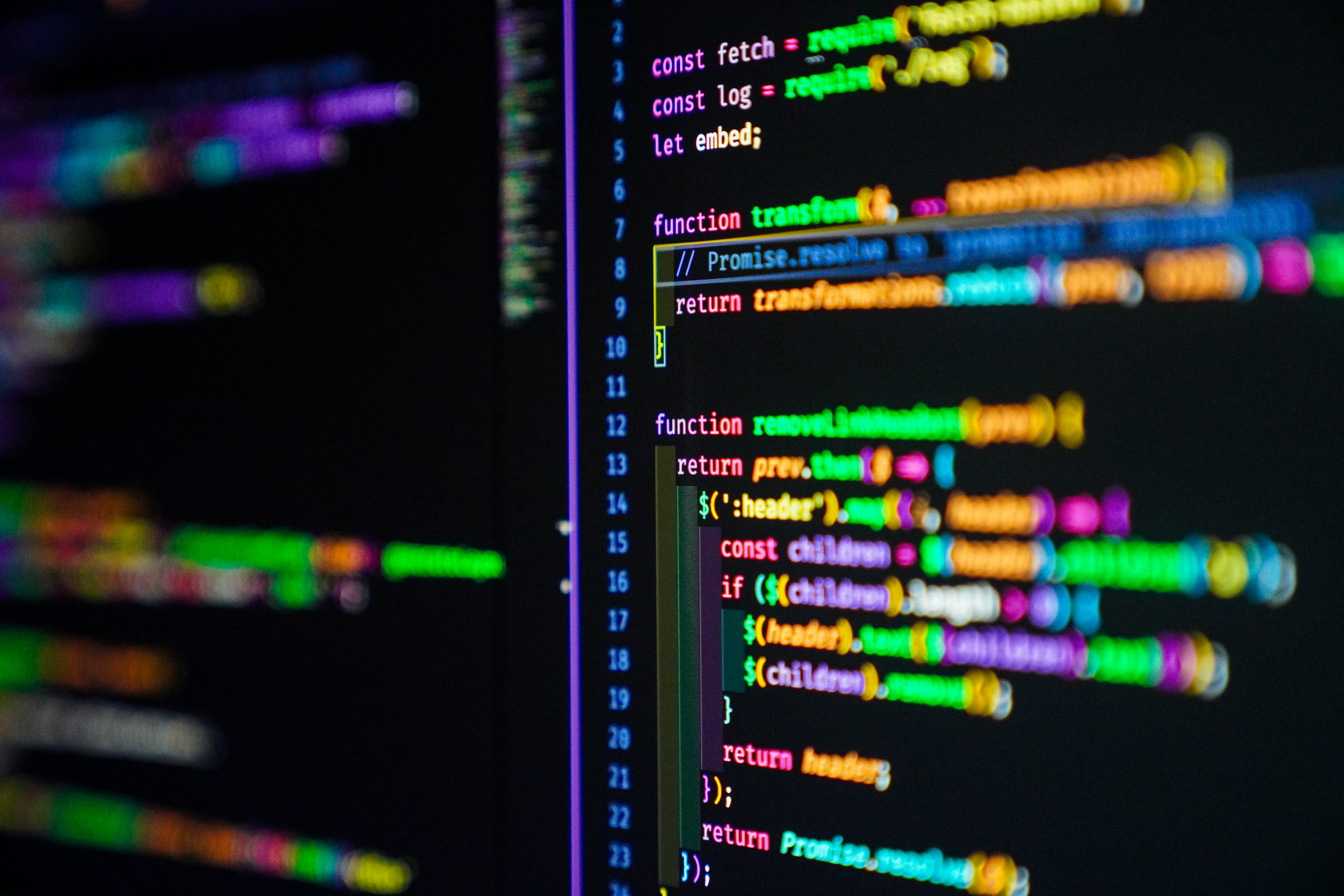5 Habits to Improve Brain Health
Brain surgeon Sanjay Gupta teaches us 5 lifestyle habits for a healthier brain:
I'll describe the habits Gupta teaches, but I'm no doctor.
The neuroscience behind these 5 habits is beyond the scope of this article.
If you want to learn why these 5 habits build a better brain, read Dr. Gupta's book Keep Sharp.
Move
The first habit you should adopt is exercise.
Ask yourself,
How can I can be more active throughout my day?
Here are some ideas:
- Instead of taking the elevator, take the stairs.
- Instead of scrolling social media during commercial breaks, do push-ups.
- Instead of parking as close as possible to the store, park further away to get a longer walk in.
The best case scenario is to mix up the exercises you do: Cardio, weights, yoga, etc.
Keep your body guessing, challenge new muscles.
But what's more important is to be consistent. Find a routine that works for you and stick with it.
Get your heart rate up at least 30 minutes per day.
If you don't have time, make time. Your brain depends on it.
Rest
Sleep is time your brain can recharge; aim for 8 hours per night.
But number of hours isn't the only factor. Make sure you're getting restful sleep.
Avoid stimulating activities like social media or TV before bed. Keep your room dark and cool for a better night's sleep.
It also helps to adopt a wind-down ritual before bed. Maybe that's reading a book or taking a bath. You just need a way of saying,
O.K. body, we're going to bed soon.
You can also Rest while being awake with meditation. But I'll warn you: Meditation is hard.
It's hard to be with nothing but your thoughts, but learning mindfulness is shown to improve concentration and cognition.
I like the Insight Timer app for guided meditations.
Make sure you prioritize R&R. Your brain will thank you for it.
Nourish
Gupta points to a Mediterranean diet, one that contains olive oil, nuts, fruits, leafy vegetables, and fish, to slow cognitive decline.
Eat foods of various colors. As Gupta would say,
Eat the rainbow.
Drink water. Coffee is OK. Tea is OK.
If you can't live without Coke, try Lacroix Nicola. It tastes surprisingly similar to Coke but with 0 calories and 0 added sweeteners.
Another great soda replacement is kombucha, which is fermented tea (grosser than it sounds). It's delicious and the probiotics will help keep your gut healthy.
Omega-3, found in flax seeds, eggs, and salmon, is another brain-boosting nutrient. Prefer getting this nutrient from real food rather than supplements as the supplement industry often goes unregulated.
Reduce your portion sizes. You shouldn't be eating until you're stuffed. After you finish a plate, pause. WebMD says
It takes approximately 20 minutes from the time you start eating for your brain to send out signals of fullness.
One more thing: Plan your meals. It's easier when you're at home to stick to your diet. But if you're at work, it's easy to eat out if you didn't bring lunch.
Use this pneumonic to help you keep SHARP:
- Slash the sugar
- Hydrate
- Add omega-3s
- Reduce portion sizes
- Plan your meals
Discover
Exercise your brain by learning new things.
Gupta teaches us that our brains are malleable. When you learn new things, you form new neural pathways. When you form new pathways, your brain grows stronger.
Learn something outside your usual domain.
- Are you a teacher? Learn creative writing.
- Are you a programmer? Learn Brazilian jiu-jitsu.
- Are you a doctor? Learn woodworking.
Doesn't matter. Do something you find interesting and challenging.
Create new neural pathways. ⚡️
Connect
This one surprised me, but socializing with others can improve cognition.
Gupta gives anecdotes how once married widows would experience rapid brain decline after their spouse died. I've seen this happen firsthand with one of my grandparents. It's heartbreaking.
Luckily, people are just a phone call, email, drive, or plane ride away.
Another way to meet people is with your dog.
Mary and I experienced this firsthand.
When we were living in Seattle, we didn't know any of our neighbors. We'd walk by strangers avoiding eye contact.
That all changed when we got Milo. Suddenly, we started meeting all of our neighbors. "Can I pet your dog?" was a common ice-breaker.
We had met all the dogs and their owners in the neighborhood weeks after getting Milo, even though we lived in the neighborhood for years.
If you moved to a new city and want to meet new people, get a dog.
Conclusion
I always thought Dementia was something that happens when you're older, but as Gupta points out, brain decline is a gradual process that starts as early as 30.
That's why it's important to start applying healthy lifestyle habits today.
But like I said at the beginning, I'm no doctor, so I encourage you to learn from someone who is.
Go read Keep Sharp. Go build yourself a better brain! 🧠



